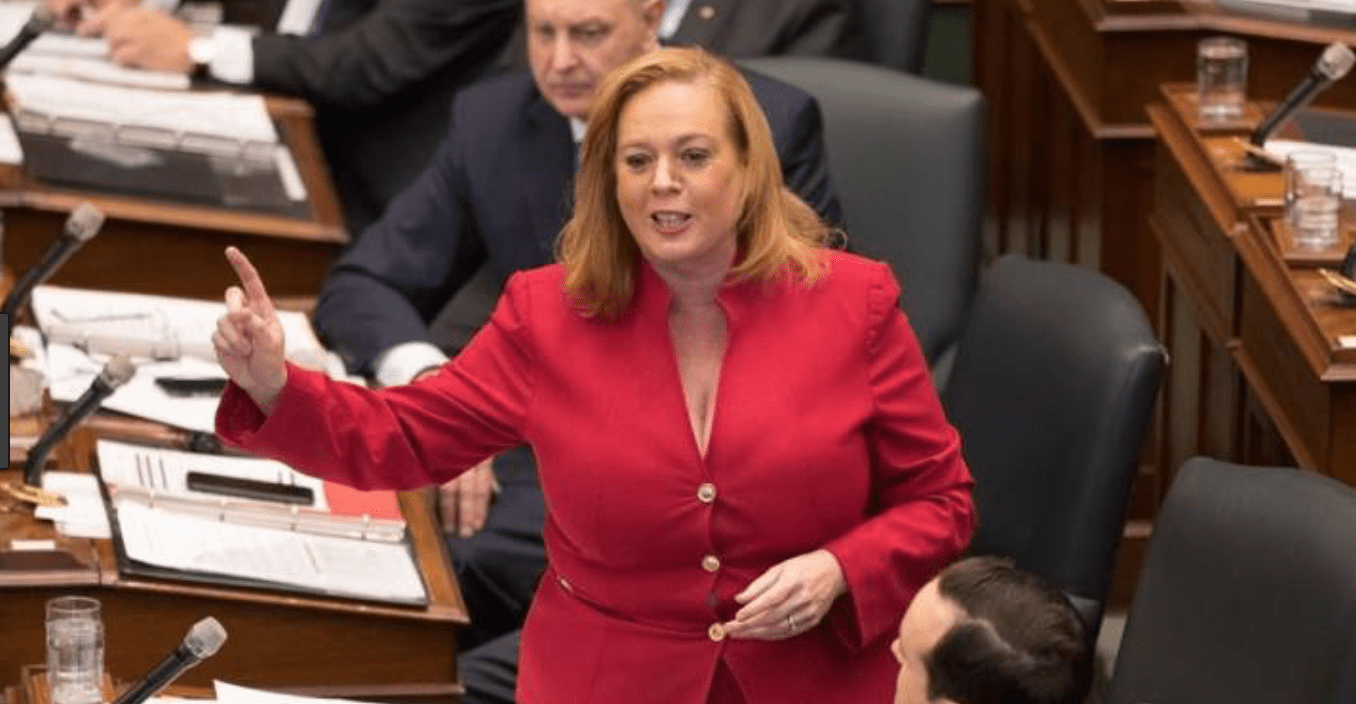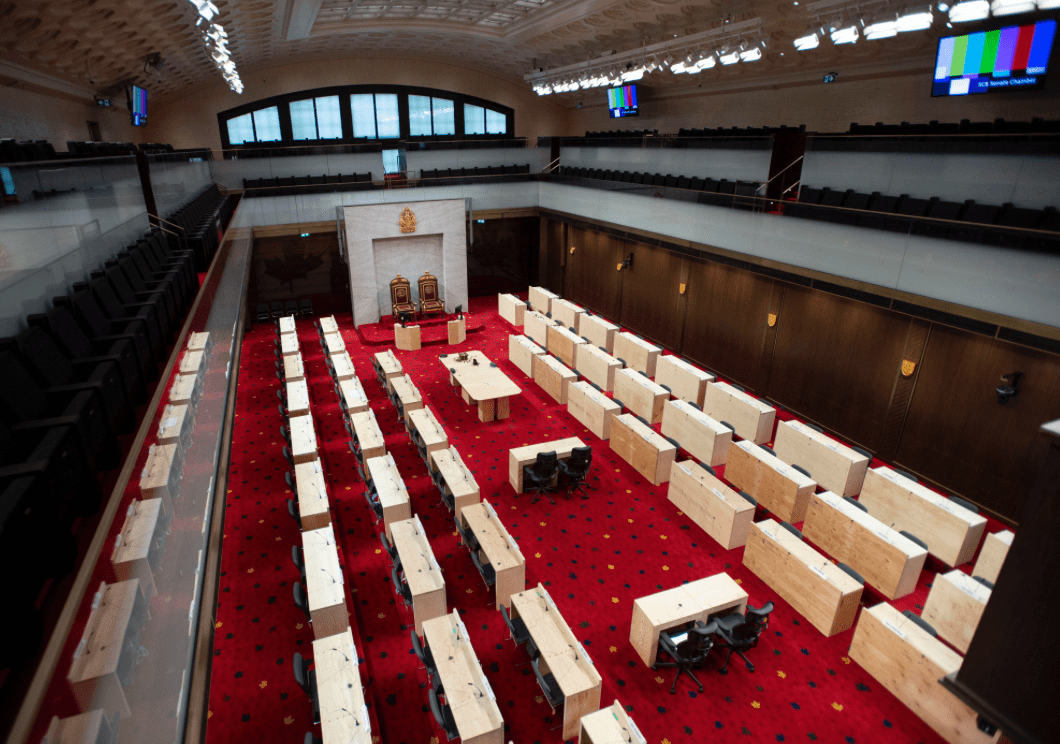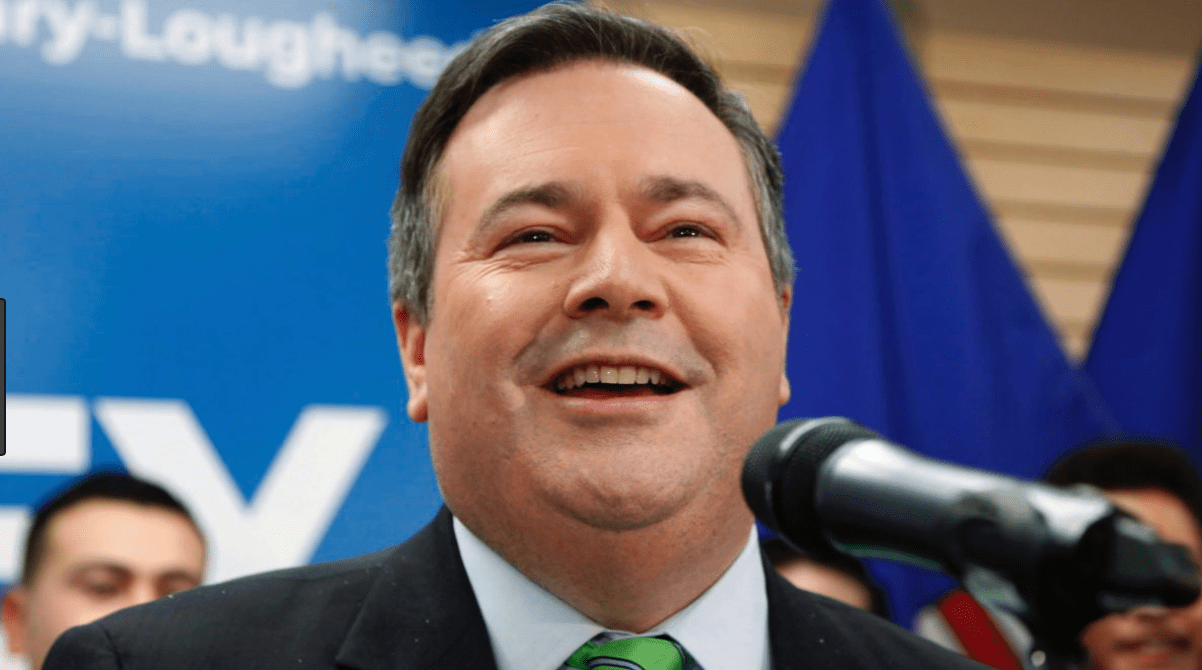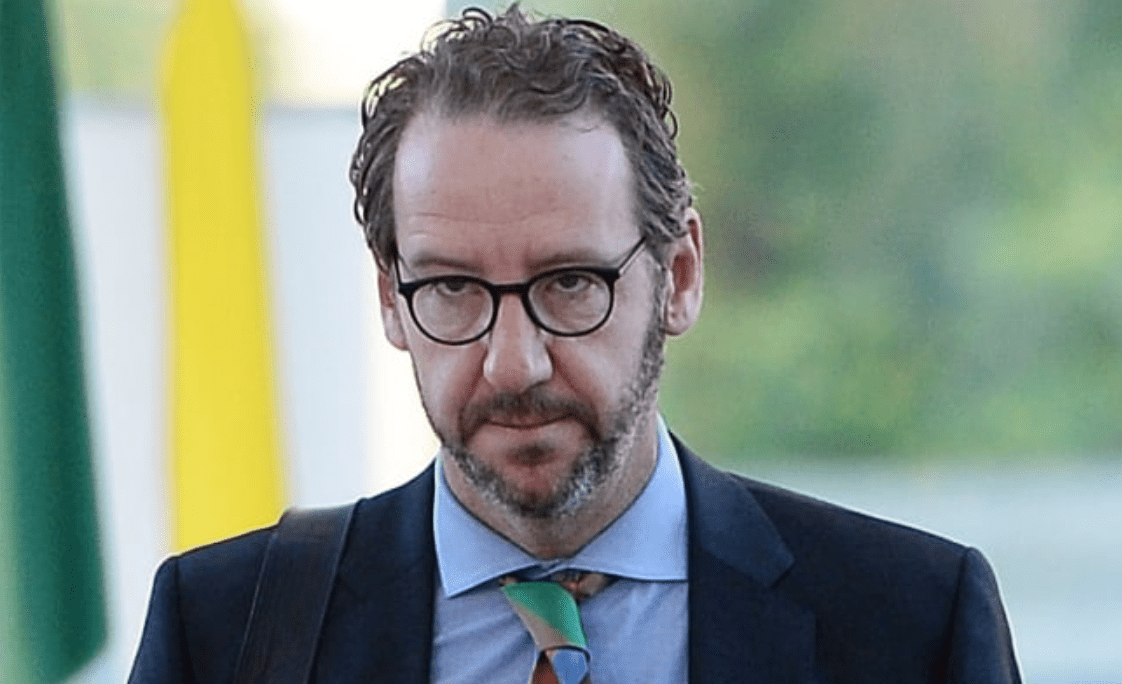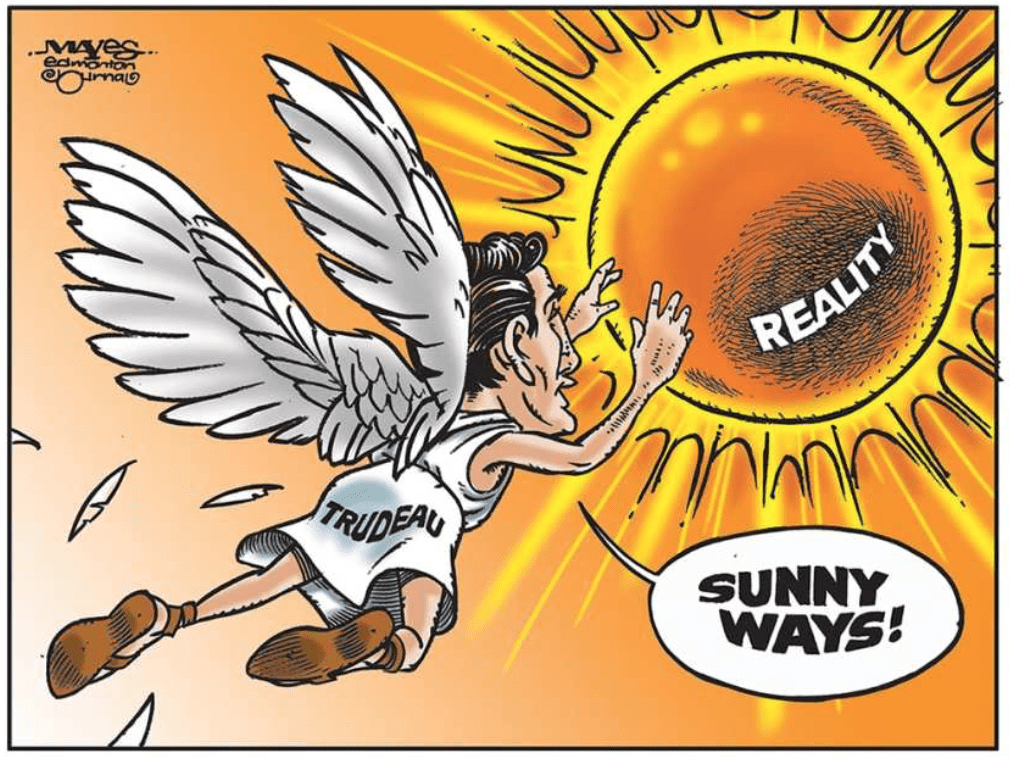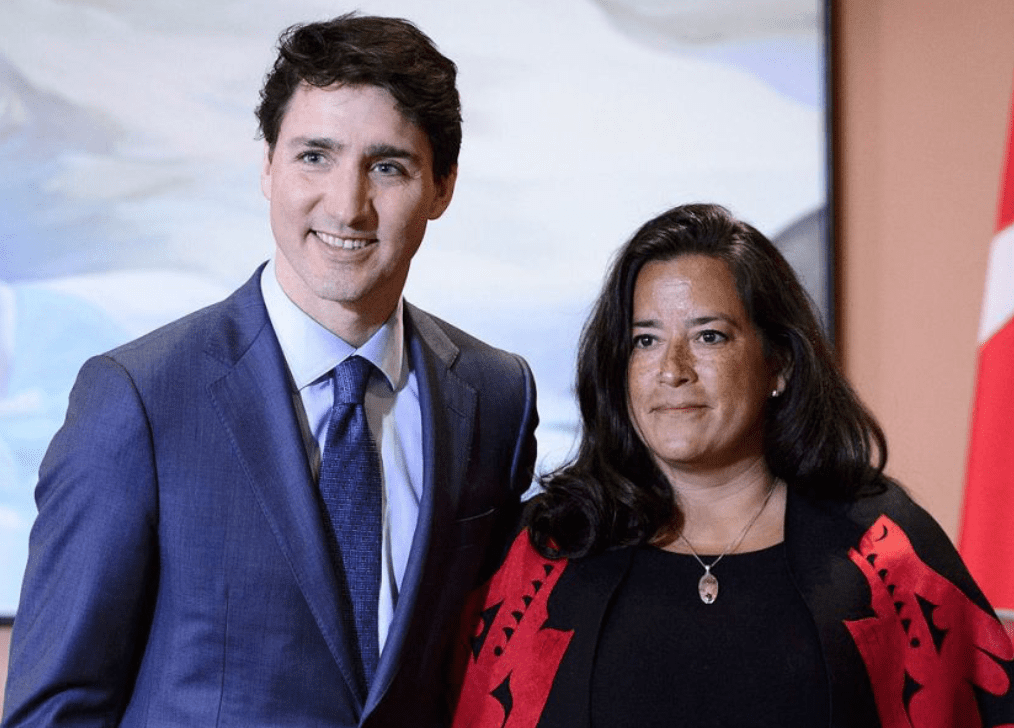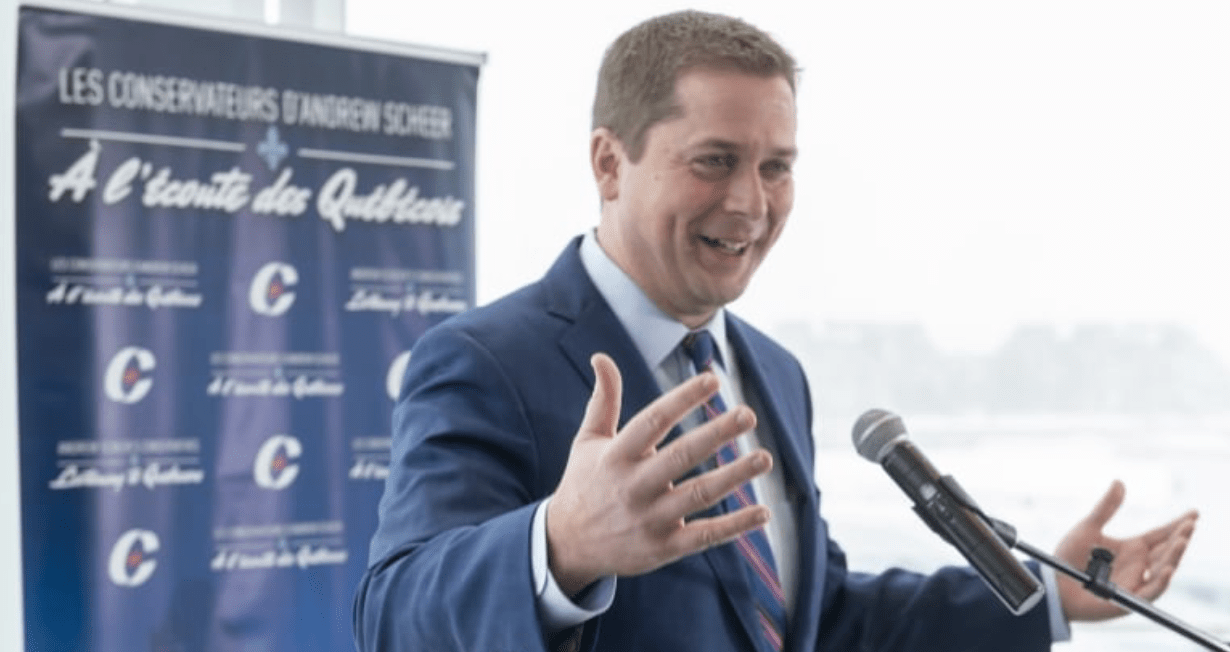Most Ontarians are blissfully unaware that this province is a ticking time bomb of debt.
One need only look at the last election to know that this is the case. The Progressive Conservative Party of Ontario under former leader Patrick Brown and his People's Guarantee (jinxed from the get go by the name) plan did not offer a realistic solution for getting the province out of debt by cutting back expenses. Instead it promised even more government programming, paying for it all through a carbon tax. Once Ford was in charge, he promised to tackle the deficit and debt by finding efficiencies — while scrapping the revenue-generating carbon tax — although he was never clear on what those would be and it's becoming apparent that he's content to take his time addressing the sizable deficit, continuing to add to the mountainous debt, never mind chipping away at the principle like he promised. The other two parties offered more goodies without any false pretense about knocking down the deficit and debt, and those two parties received the majority of the votes. Parties mirror what voters want, and it's quite clear Ontarians don't want to face the sober reality that cuts to many government programs are needed in order to get our fiscal house in order.
No matter how much political observers shout from their soapboxes (most media are also out to lunch on how dire the situation is or don't seem to care) and the PC government repeats that we are $350 billion in the red, Ontarians are too busy watching the Raptors and Leafs make the playoffs, American television programs like the Big Bang Theory, the Oscars, Super Bowl, social media and Netflix to bother following their provincial politics closely.
The only time Ontarians seem to pay any attention is when some government program they take for granted is being rolled back. (Tomorrow, for instance, there will be quite an uproar over Health Minister Christine Elliott announcing the plan for the much-needed overhaul of the province's healthcare system.)
When the Children Community and Social Services Minister Lisa MacLeod introduced the new autism program that redistributes the funding for children's autism therapy, without cutting any of the funding, but also not adding any either, the families of autistic children were infuriated. In this case it was understandable, the PCs had promised $100 million in more funding and then swiftly betrayed them.
But the media and the general public have also seized on this issue, thinking the province somehow has monetary reserves to afford the astronomical cost of fully funding autism therapy for all, despite the province currently running a $10 billion deficit or more (depending on who you ask).
However, even though the PCs are in catch 22 situation, MacLeod's Miss Trunchbull tactics on such a sensitive file was certainly the wrong approach.
Threatening members of the Ontario Association for Behavioural Analysts that they would face "four long years" if they didn't support the lacklustre new plan, dismissing protesting parents and secretly pausing children on the waiting list for therapy they critically need for their development at a young age.
"I can't look at myself in the mirror and know that my ministry could be helping kids but it's not," said Minister MacLeod recently in a press exchange, nearly in tears. "I would love if I could have the silver bullet for families that are dealing with autism — it doesn't exist."
For many Ontarians, at least the ones not back with their heads in the sand and comfortably engrossed with their bread and circuses, those are nothing more than crocodile tears.
As I said in my last column, it's hard to justify playing hard ball with autistic children's families when this province continues to waste vast amounts of money on far more frivolous and unnecessary programs. Attempting to bully these people into taking a bad plan instead of redistributing funding from less vital areas, and showing a backbone to those grifters, to help create a more sustainable autism therapy system is a monumental screw up by this increasingly floundering government.
Photo Credit: Global News
Written by Graeme C. Gordon



